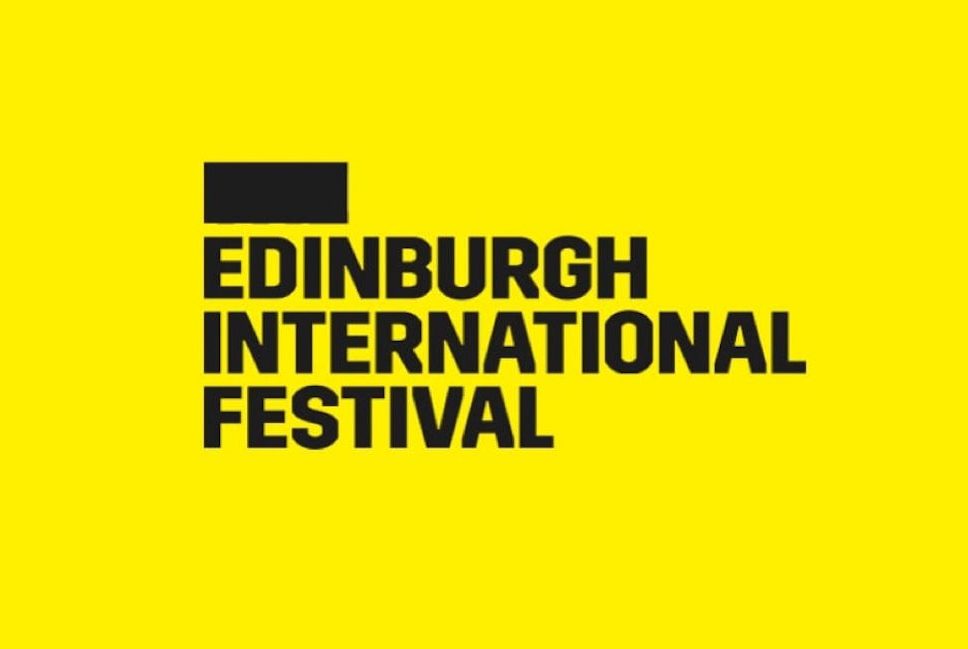The stage is empty except for a grand piano and a lectern, set against a backdrop of the city’s iconic buildings with a lit up “70” in lights, signifying seventy years of the Edinburgh International Festival. Letters Live makes its Edinburgh debut tonight but first began in London in 2013, the brainchild of Canongate Publishing House. It is therefore fitting that Jamie Byng, Canongate’s managing director, introduces tonight’s show. Here’s the thing: the audience doesn’t know what is going to happen. Letters are going to be read by celebrities, but by whom and which letters, is all kept under wraps, which adds excitement and tension.
Throughout the evening, a variety of letters are read, written by a range of different people – celebrities and ordinary folk – spanning different centuries, all with the purpose of celebrating this genre of communication which is rapidly dying out. And, of course, to entertain the audience, which is certainly does. Though admittedly, some readings are slicker than others.
Tonight’s performance begins with Kelvin Jones on piano singing Nick Cave’s Love Letter. The audience is then treated to a series of swift readings by Ian McShane, Kate Dickie, Meera Syal, Sanjeev Bhaskar and Louise Blearley, amongst others. The letters range from the dying message of Mary, Queen of Scots to her brother-in-law read, poignantly by Kate Dickie, to the hilarious ramblings from a drunk Roald Dahl writing to his mother, as he did every day, performed perfectly by Ferdinand Kingsley.
Of the most moving are the love letters of Chris Barker and Bessie Moore, who began corresponding during the Second World War and ended up marrying in 1945. There’s also the letter from a Lockerbie family to the family of the man whose body lay on their land after the terror attack in 1988. Unsurprisingly, there is a Scottish theme, but also one of racial prejudice, and Clint Dyer’s reading of James Baldwin’s letter to his nephew, James, is particularly good, along with Ian McShane’s reading of an anti-abolitionist’s letter to Abraham Lincoln. The mood changes rapidly throughout the evening from warm-hearted to sad to laugh out loud funny and ends fairly predictably with another song; this time from Eddie Reader singing Dear John.
Overall, a fairly pleasant and interesting evening, which really does celebrate this often overlooked genre of literature.
